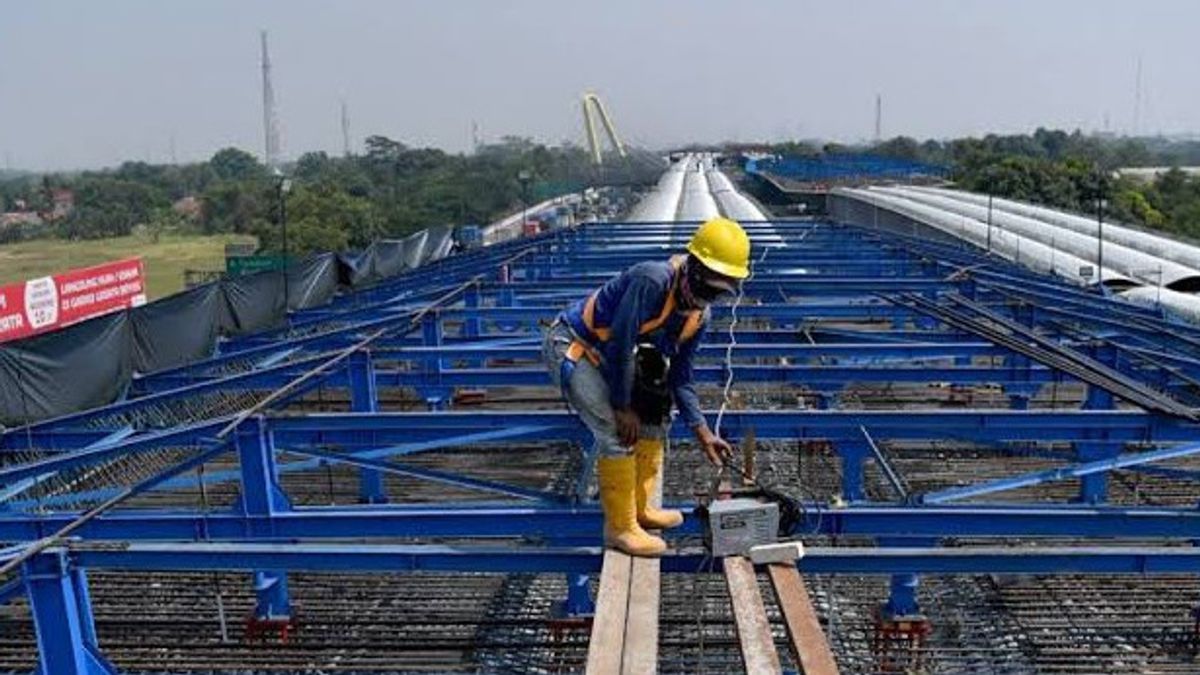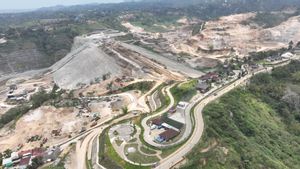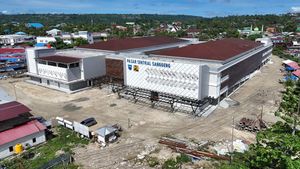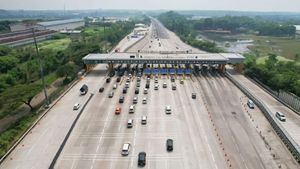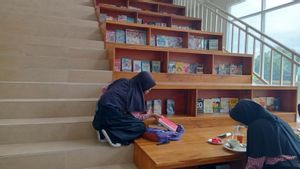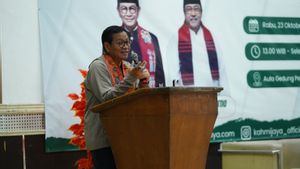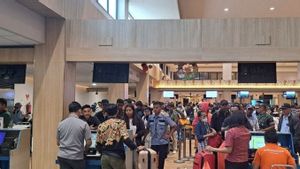JAKARTA - Commission V DPR RI agreed to revise Law (UU) Number 2 of 2017 concerning Construction Services in the near future.
Chairman of Commission V DPR RI Lasarus said that this revision needed to be carried out due to the lack of supervision. Thus, a lot of problematic work emerged.
"Commission V has submitted to the honorable DPR RI through the legislative body, we will revise the Construction Services Law, we will revise it. One of the things we will propose changes to be observed is that the LPJK will be proposed not to be under the Ministry of PUPR," said Lasarus during a working meeting (Raker) of Commission V DPR RI with the Ministry of Public Works at the Parliament Complex, Senayan, Jakarta, Wednesday, October 30.
"In the past, right, the Ministry of PUPR, sir. So, later on, we will make this LPJK return to the ministry, because we have seen weak checks and balances related to the procurement of goods and services so far," he continued.
Regarding the preparation of the mechanism, Lasarus said, it will be discussed further, including such as academic manuscripts and so on.
"Because with the Construction Services Law that we have passed some time ago there was an imbalance, sir, there was the dominance of SOEs in APBN activities. So, small companies in the regions get the task of completing contracts. If it is not finished or has problems, the regional companies are asked for," he said.
SEE ALSO:
According to Lasarus, the DPR's move cannot be separated from the large number of problematic tender holders when completing construction projects.
"Large work does not mobilize equipment, they borrow equipment from regional companies. When losses arise, problems arise are abandoned, people who borrow tools are not paid, there are many homeworks left," he said.
The Law Number 2 of 2017 concerning Construction Services replaces the Construction Services Law Number 18 of 1999, which has been in effect for about 17 years. This law is present as part of efforts towards good governance, demands for the era of openness and harmonization with other sector regulations that apply after the issuance of the 1999 Construction Services Act, such as Law Number 11 of 2014 concerning Engineering, Law Number 13 of 2003 concerning Manpower, Law Number 11 of 2008 concerning Electronic Information and Transactions, Law Number 23 of 2014 concerning Regional Government and other related regulations.
It is known that the new Construction Services Law consists of 14 chapters and 106 articles. The Construction Services Law is no longer oriented solely to the PUPR field affairs, but includes the complete implementation of construction work in Indonesia.
The English, Chinese, Japanese, Arabic, and French versions are automatically generated by the AI. So there may still be inaccuracies in translating, please always see Indonesian as our main language. (system supported by DigitalSiber.id)
